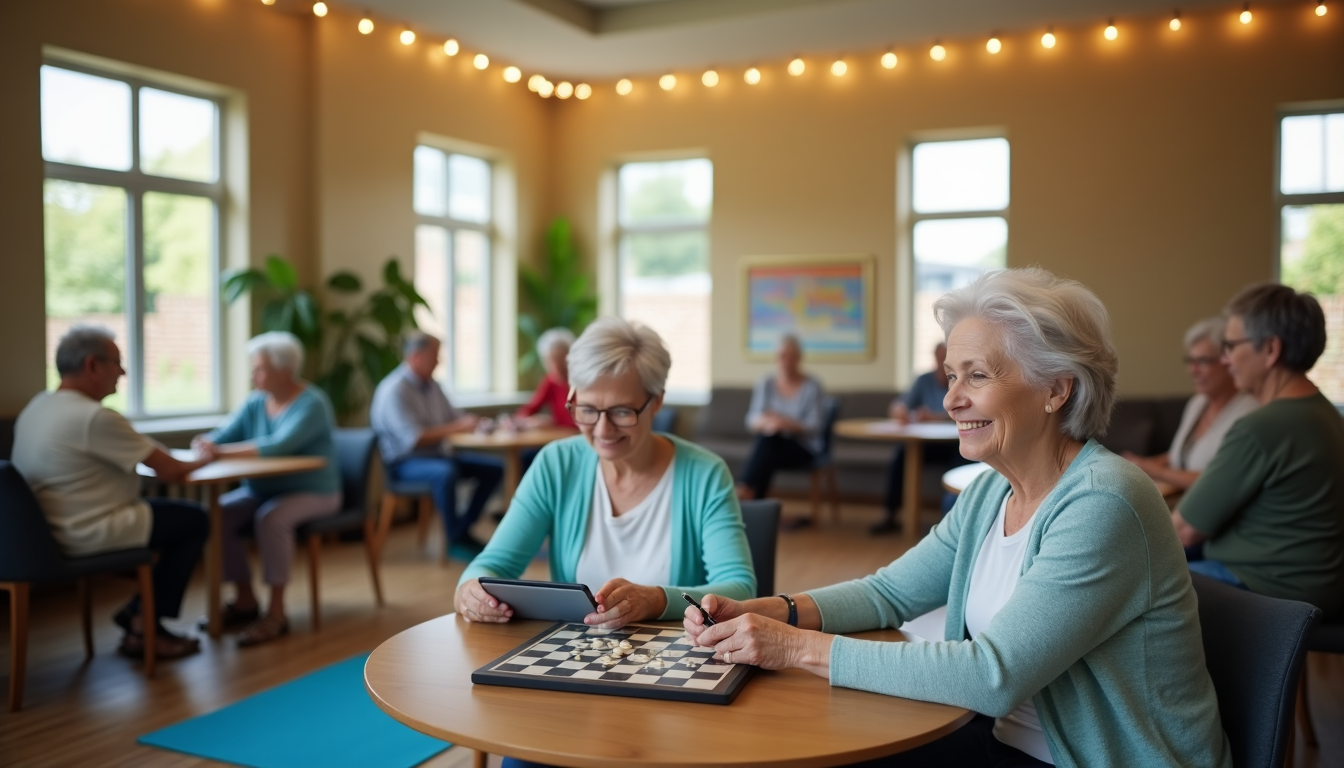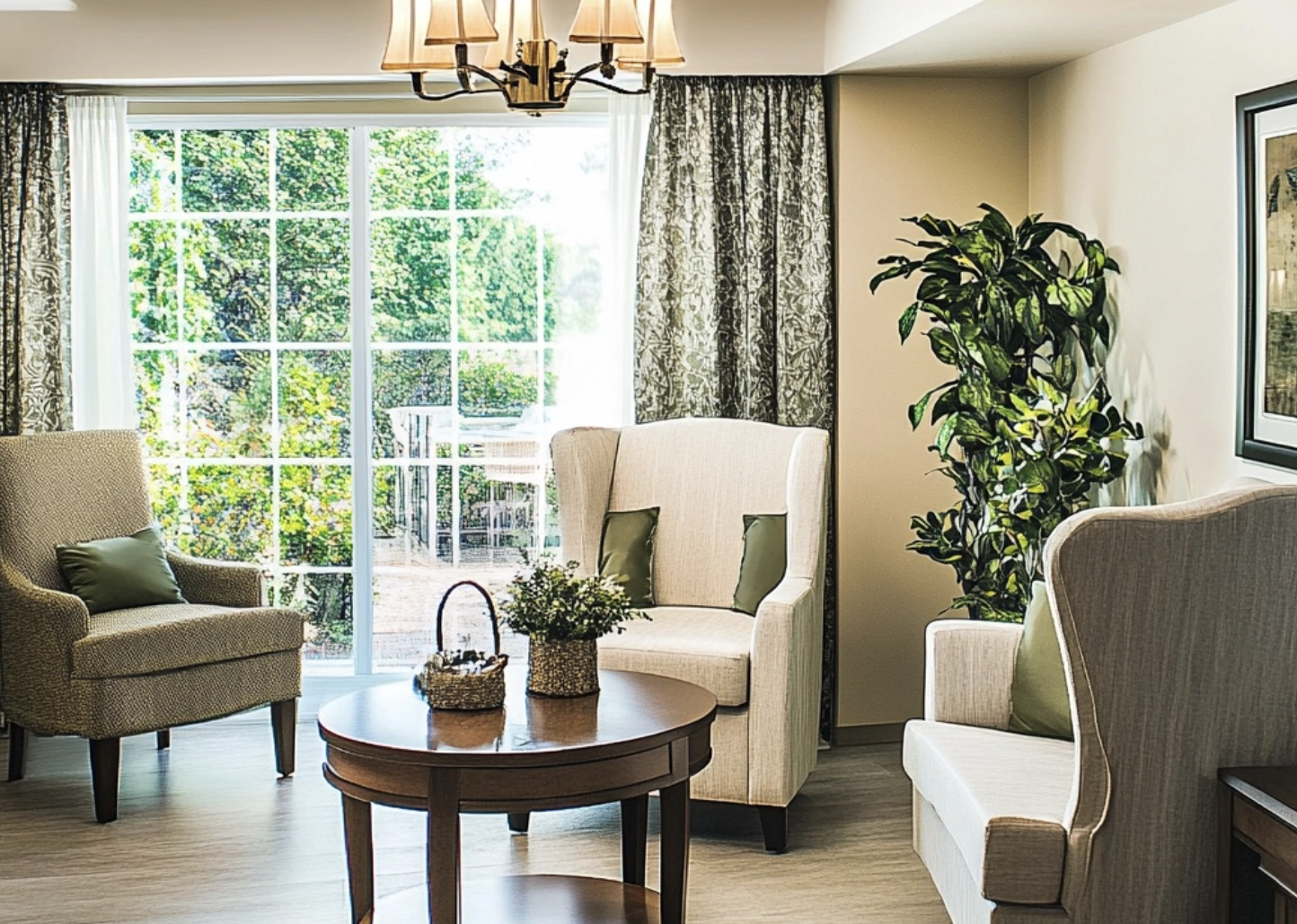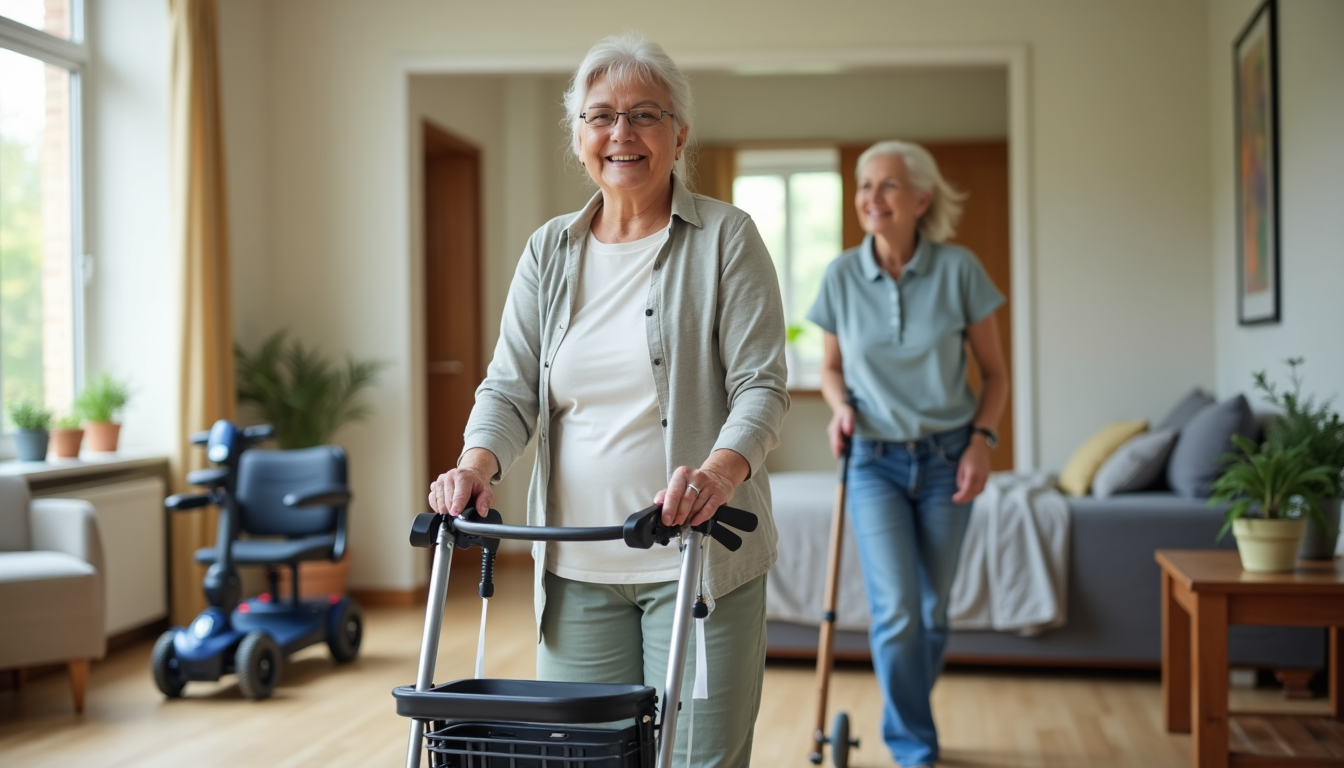Social connections become increasingly important for health and wellbeing as people age. California communities have developed programs specifically targeting adults 60 and older through information services and engagement opportunities.
Trained volunteers conduct regular check-ins up to three times weekly for seniors needing social contact, while multilingual support lines operate around the clock in more than 150 languages. These programs also provide transportation services, meal assistance, and health activities designed to keep older adults engaged within their communities.
This guide examines practical approaches to building meaningful social relationships through both community-based programs and digital platforms. Readers will find strategies for creating sustainable social routines tailored to individual preferences and interests.
Designing a Social Routine That Works for You
Personalized social routines become essential for healthy aging, according to research. Studies show active lifestyles fundamentally improve aging outcomes, with leisure activities directly linked to higher well-being, reduced depression rates, and better physical health.
Personalization stands as the cornerstone of effective social routines. Each individual has distinct preferences, and activity assessment provides complementary information creating more complete behavioral profiles. These routines must reflect personal interests and lifestyle preferences to be sustainable.
Setting achievable social goals remains crucial for ongoing engagement. Breaking larger objectives into smaller, manageable steps reduces intimidation. These goals should connect to meaningful interests that provide joy and enrichment. Research indicates nearly 25% of adults 65 and older are considered socially isolated, highlighting why socialization deserves priority status.
Practical ways to incorporate social activities include:
- Schedule weekly family dinners or game nights
- Join clubs based on your interests (book clubs, hiking groups)
- Take classes that foster learning and connection
- Set up regular video chats with distant loved ones
- Volunteer for causes you care about
Regular social interaction improves mental well-being and potentially extends lifespan, according to multiple studies. Experts recommend treating social engagement as essential as basic needs like food and water. Social isolation correlates with a 29% increased mortality risk and 59% higher functional decline.
Family involvement provides valuable insights when designing routines, fostering trust through collaboration. However, scheduling considerations matter—many older adults require more time for tasks than in earlier years.
Decision-making participation about daily activities creates empowerment. This involvement promotes independence while maintaining appropriate support from caregivers and family members.
Exploring Local and Digital Senior Community Connections
Local and digital community connections significantly enhance quality of life for older adults. Local Area Agencies on Aging (AAAs) function as gateways to home and community-based services helping seniors age in place, offering objective advice about health insurance, housing options, and other essential services.
New Yorkers aged 60+ have access to free membership at more than 300 older adult centers throughout the five boroughs. These centers deliver healthy meals, activities, fitness programs, and social services. Studies reveal seniors report feeling healthier, more positive, and less socially isolated after becoming members.
Smartphone usage among seniors has increased from 57.6% in 2019 to 65.6% in 2021, making digital connections increasingly vital. These tools eliminate distance barriers and create engaging social experiences. Communication technology reduces social obstacles for those with hearing impairments, vision challenges, and limited mobility.
Digital connection options include:
- Video calls through platforms like Zoom, Skype, and FaceTime enable face-to-face conversations regardless of location
- Social media platforms like Facebook (used by 58% of people aged 65+) help seniors track family events and reconnect with old friends
- Online communities centered around shared interests foster belonging
- Virtual activities including book clubs, language learning, and art workshops build connections through shared experiences
NYC Aging’s Activities Finder simplifies finding programs matching specific interests. The Eldercare Locator connects seniors to services by zip code entry. Social dining experiences prove particularly beneficial, as eating with others builds relationships while making meals more enjoyable.
Regular social interactions correlate with lower cognitive decline risk and improved mental acuity. Both digital and local community connections protect against isolation while boosting overall well-being.
Sustaining Long-Term Social Engagement
Sustained social connections require deliberate effort as aging progresses. Research shows older adults with supportive relationships age one to two years slower than those without such connections. Long-term social health maintenance proves vital for overall wellbeing beyond initial engagements.
Relationship quality, duration, and nature outweigh mere quantity. Meaningful connections provide protection against numerous health challenges, with studies indicating strong social ties reduce risks of chronic illness, depression, and premature death.
Proven strategies for long-term social engagement include:
- Join intergenerational programs which improve health outcomes and provide a sense of inclusion for older adults
- Adopt a pet if you can provide proper care—animals reduce stress, blood pressure, and combat loneliness
- Maintain hearing health as untreated hearing loss leads to social isolation and higher rates of cognitive decline
- Schedule regular check-ins with friends and family—even casual conversations by the mailbox count
- Volunteer consistently for less than two hours weekly to reduce mortality risk and increase physical activity
Social isolation affects approximately one in four community-dwelling older adults in America. Even two years of living alone links to roughly 10% increased dementia risk. Adults facing social isolation experience longer hospital stays and higher readmission rates, making continued social health a critical priority.
Older adults particularly benefit from intergenerational connections. These programs build community bonds across age demographics while generating social capital in broader communities. Community-based initiatives paired with these connections enhance social health outcomes more effectively than isolated activities.
Life transitions often increase isolation risk—retirement eliminates workplace connections, while losing a spouse can devastate social networks. Establishing new connections with mentors and friends becomes especially important during these periods. Despite challenges, relationship maintenance should remain prioritized, as social engagement functions as brain exercise—one of the most effective methods for improving cognitive flexibility.
Conclusion
Social connections serve as a cornerstone of healthy aging, with research indicating clear benefits for seniors who maintain strong relationships. These adults live longer, healthier lives while experiencing improved cognitive function and emotional wellbeing.
Personalized activities matching individual interests create the foundation for sustainable social routines. Countless opportunities for meaningful engagement exist through local community centers, digital platforms, and intergenerational programs. Quality relationships prove more valuable than quantity, making it important to focus on connections that deliver genuine joy and fulfillment.
Life transitions often challenge established social networks. However, these changes also present opportunities to build new relationships and discover different connection methods. Treating social engagement as essential rather than optional helps maintain vital connections contributing to overall health and happiness as aging progresses.
FAQs
Q1. How can seniors create a personalized social routine? Start by assessing your interests and lifestyle preferences. Set small, achievable social goals that align with your passions. Consider activities like weekly family dinners, joining clubs, or taking classes that foster learning and connection.
Q2. What are some ways for seniors to stay digitally connected? Seniors can use video call platforms like Zoom or Skype, join social media networks like Facebook, participate in online communities based on shared interests, and engage in virtual activities such as book clubs or art workshops.
Q3. How does social engagement benefit seniors’ health? Regular social interaction can improve mental well-being, reduce the risk of cognitive decline, lower the chances of depression, and even prolong life. Strong social ties have been linked to better overall health outcomes and a reduced risk of premature death.
Q4. What resources are available to help seniors find community connections? Local Area Agencies on Aging (AAAs) provide information on community-based services. Many cities offer senior centers with free membership, providing meals, activities, and social services. Online tools like NYC Aging’s Activities Finder and the Eldercare Locator can help seniors find local programs and events.
Q5. How can seniors maintain long-term social engagement? Seniors can sustain social engagement by joining intergenerational programs, adopting a pet if possible, maintaining hearing health, scheduling regular check-ins with friends and family, and volunteering consistently. It’s important to focus on building quality relationships that bring genuine joy and fulfillment.












